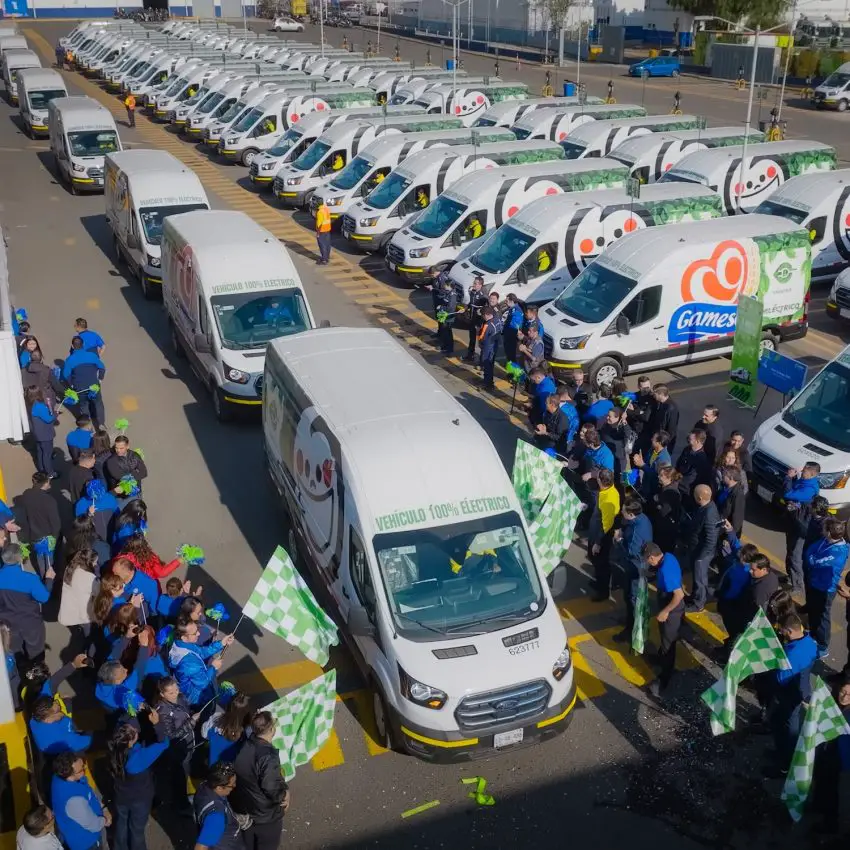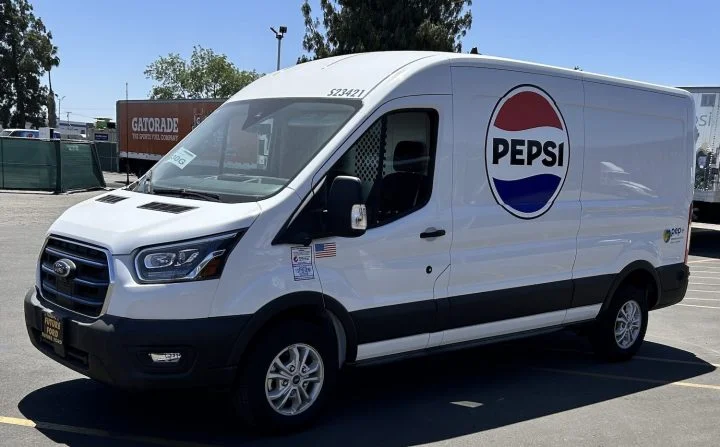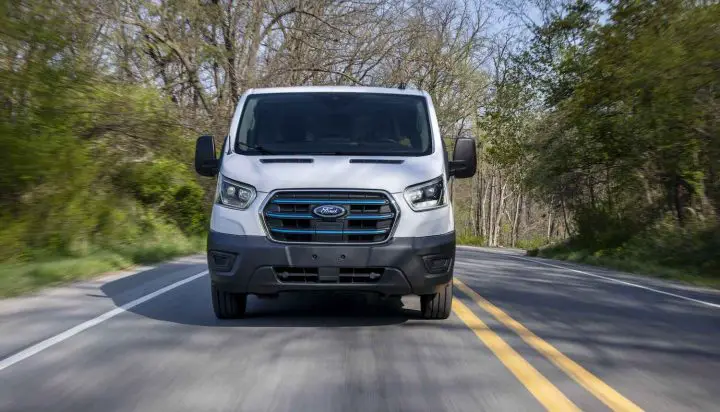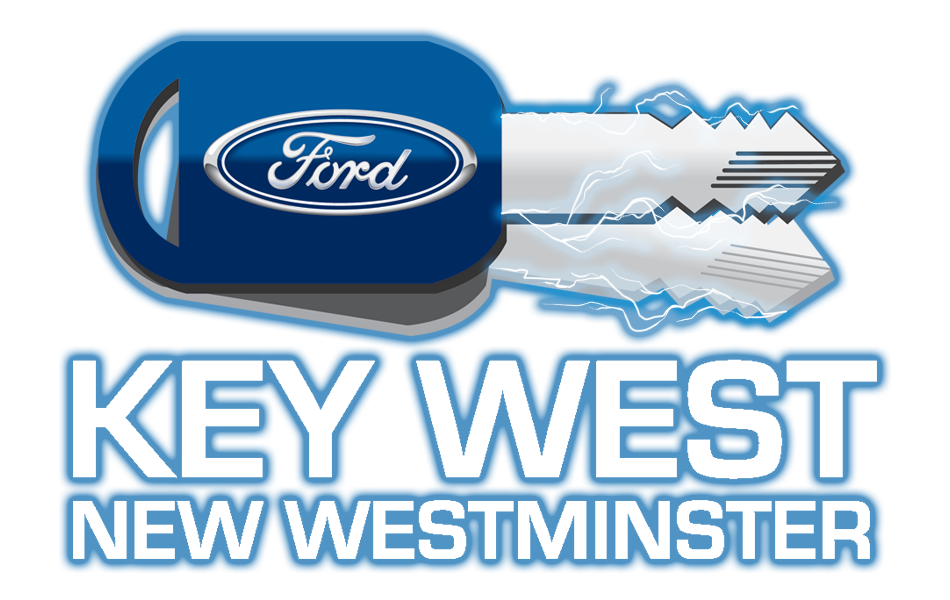PepsiCo is accelerating its push toward sustainability with a major expansion of its electric vehicle fleet—this time in Mexico. Following last year’s addition of 75 Ford E-Transit vans to its U.S. operations in California, Pepsi has now committed to adding an impressive 1,070 new Ford E-Transit vans across several key regions in Mexico. This significant investment aligns with the company’s global goal of achieving net-zero emissions across its operations by 2040.

The new fleet represents an investment of over 2.3 billion pesos (approximately $119 million USD) and is expected to reduce CO2 emissions by an estimated 3,900 tons annually. The rollout includes 346 vans going to PepsiCo’s Sabritas distribution center in Tlalpizáhuac, with another 670 set to serve the Valley of Mexico and Nuevo León regions later this year. These vehicles will be used for everything from product distribution to service support, continuing Pepsi’s trend of incorporating environmentally responsible practices into every layer of its operations.

Ford E-Transit vans have become a go-to choice for large-scale commercial electrification, thanks to their reliable performance, ample cargo space, and all-electric efficiency. PepsiCo joins other global organizations like DHL and the Norwegian Postal Service in choosing Ford’s innovative E-Transit for fleet electrification. The move reflects a growing trend among major corporations to prioritize sustainability without compromising on operational needs.
As Isaías Martínez, President of PepsiCo Alimentos Mexico, noted, “The incorporation of more than a thousand electric units to our fleet is an additional and forceful step in that direction.” Lucien Pinto, President and CEO of Ford Mexico and Central America, echoed that enthusiasm: “We are excited to achieve alliances of this level… promoting efficiency, strength, and innovation in a new era.” With this latest investment, Pepsi and Ford continue to lead the charge toward a more sustainable commercial transportation future.

